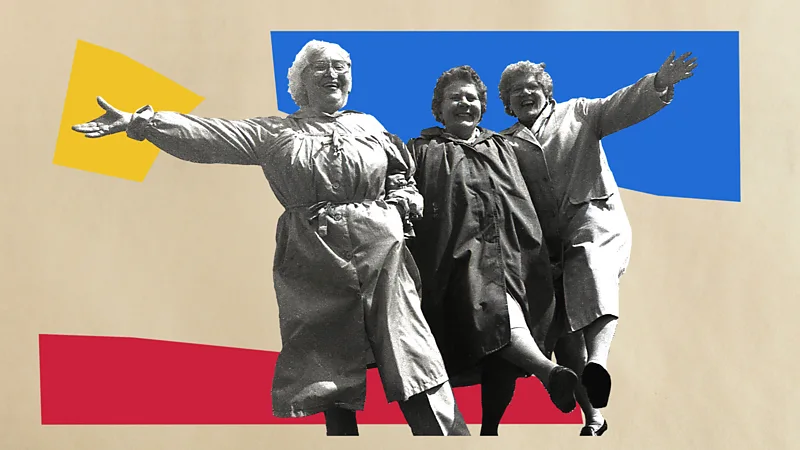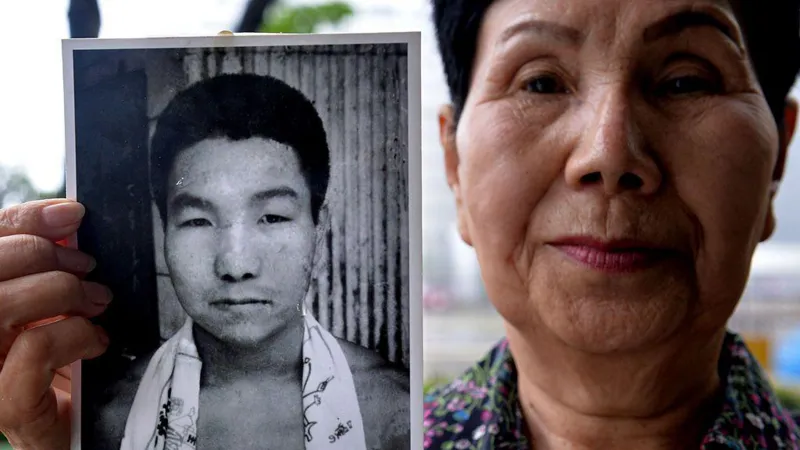
Our social goals change in surprising ways over our lifespan – and understanding this can help us build fulfilling connections with others, research suggests.
Do you prefer meeting lots of new people, or spending time with a small circle of close friends? You may think the answer depends on whether you’re naturally more of an extrovert or an introvert. But there’s another crucial yet little-known factor that shapes our social preferences: age.
Friendship benefits people across all ages, even improving our health and lifespan, a large body of research shows. In later life, friendships can become an especially important source of happiness and life satisfaction. Frequent interactions with a close friend may in fact boost happiness in old age more than those with close family.
One simple explanation for this is that friendships can be more fun, and less tense and fraught, than other relationships. According to a study of Americans aged over 65, encounters with friends were seen as more pleasant than those with family members. These findings contrast with older studies that focus more on close family as the key source of support for ageing adults.
Compared to young people, there is however one important difference in how older people choose and maintain their friendships. While young people tend to actively look for new contacts, older people deliberately shrink their social networks, says Katherine Fiori, a professor of psychology at Adelphi University, New York. While this reduction in the number of relationships in our lives has important advantages, it also has some disadvantages that can be worth addressing, she and others say
One advantage of cultivating a smaller circle is that the remaining, carefully chosen ties tend to be high-quality.
“As people age, their perspective on the future changes – they have less time to live, essentially,” Fiori says. “Their priorities shift, and they tend to be focused on socio-emotional goals.”
This is also known as the socio-emotional selectivity theory. Younger adults see their future as expansive and focus on building new connections. Older adults prioritise spending time with people who know them well, and therefore whittle their connections down. Fiori explains that the winnowing down of these weaker ties is purposeful – people are doing it to focus on their close ties as they get closer to death.






